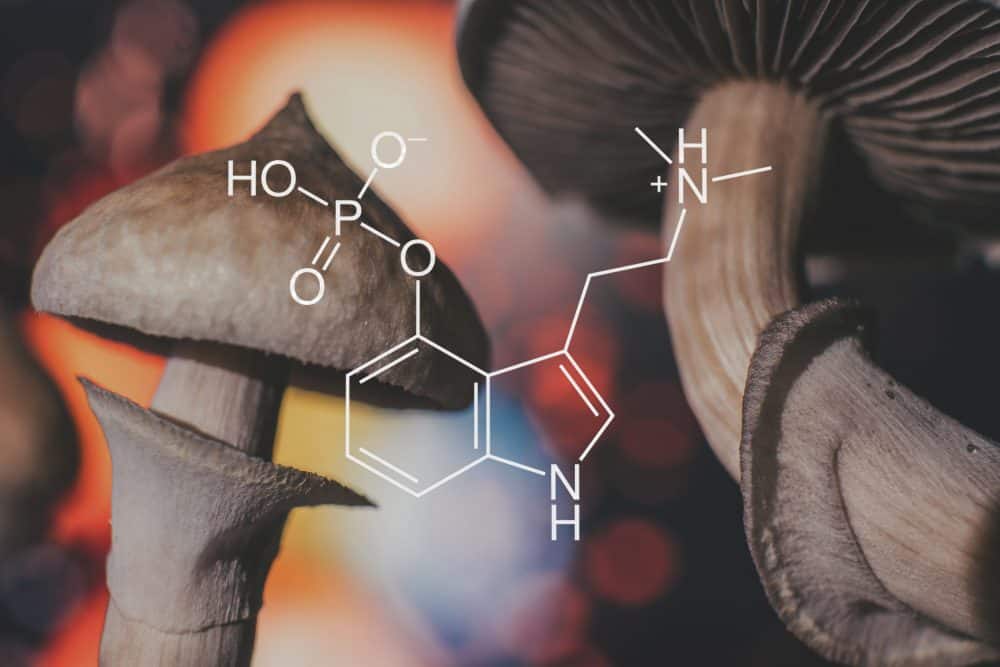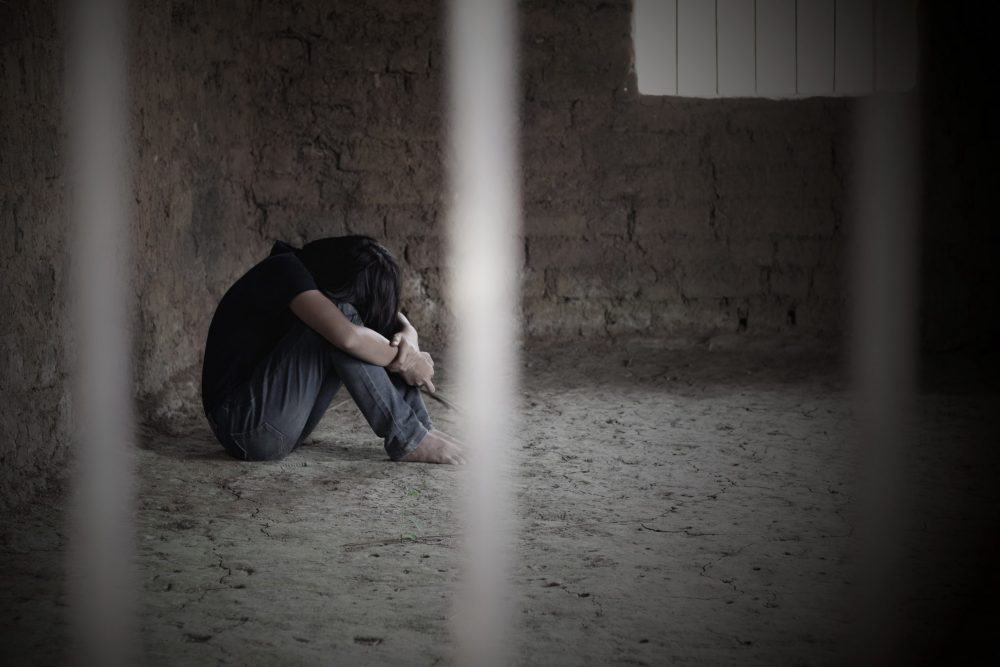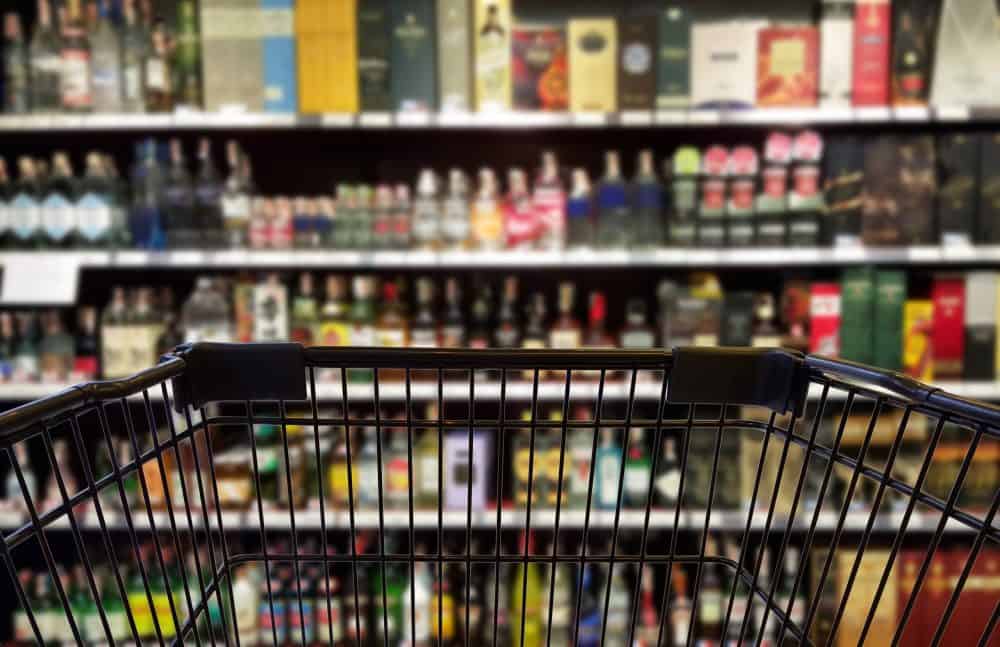Fortune Favors Adaptation Over Control, in Life & Addiction
Posted on June 19, 2020
by Thaddeus Camlin, Psy.D.
Human Adaptation and Adjusting to Change
Humans are masters of control. We push a button for the exact temperature we want, the exact food we want, the exact gift we want, the exact date match we want, the exact everything we want. God forbid the one-click purchase sends the grey headphones instead of the black ones I ordered, and that darned grubhub driver better not forget my side of special garlic sauce again! Human efforts to bend nature to our will undoubtedly resulted in numerous advancements that help our survival. However, when it comes to trying to bend people with addictive problems to the will of counselors and pre-fabricated rehab programs the results often backfire. In both life and addiction the hyper-focus on control comes at the expense ...
full story










